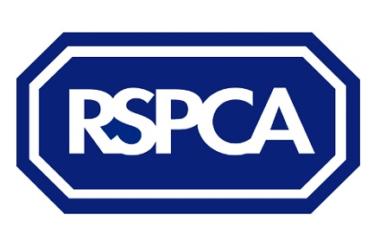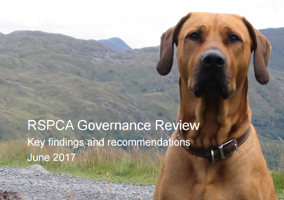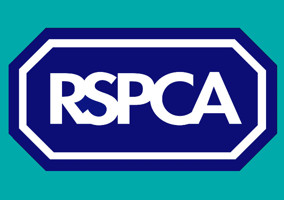RSPCA has seen its income rise by almost £20m to £143.5m, in part due to 12 high value legacies which totalled £11.5m.
The charity’s 2016 income is the highest figure in the last five years.
The accounts, which are for the year ending December 2016, were signed off before the last chief executive, Jeremy Cooper, resigned after only 14 months in the role, and shortly before the publication of the charity’s governance review.
In the chair’s introduction, Daphne Harris had welcomed Cooper into the role. She said: “I would like to welcome our new senior team, who joined us during 2016 and who now have the challenging task of enacting the RSPCA's objects, led by Jeremy Cooper our new chief executive. I would also like to thank our staff and volunteers for their support over a difficult period of time.
“My final thanks go to our retiring acting chief executive, David Canavan, who led the society very ably at a key period of time and stepped down in 2016 – the RSPCA owes David a profound debt of gratitude. We are a genuine team with a common purpose and will continue to do all we can to prevent cruelty to animals.”
RSPCA said that it had raised its income “largely through three core areas of individual giving: legacies; high value giving (major donor, trust and corporate giving); and enterprise (RSPCA shop and licensing income)”.
It said that in 2016 it was notified of 12 high value legacies, which are over £500,000, with an estimated value of £11.5m. This was up from seven notifications in 2016 totalling £5m.
The charity’s expenditure was consistent with 2015, again spending £13m as it continues to “face increasing demands for our services while reducing our costs”.
Fundraising scrutiny
RSPCA, which was fined £20,000 by the Information Commissioner’s Office in December 2016 for breaches of data protection law in their fundraising practices, wrote in its annual accounts that it received 503 complaints about its practices in 2016, which was around half received in 2015 and the lowest number in the past four years.
It mentioned the breach of the Data Protection Act 1988, saying that “a coding change to our supporters’ computer database affected the way in which marketing suppressions were applied”.
It said that, as a result, “records relating to 15,028 supporters were mistakenly shared with other charities, despite these supporters having opted out of receiving marketing communications from other organisations”.
The RSPCA said it had brought it to the ICO’s attention, and asked for its guidance when it occurred. It went on to be charged the £20,000, but said “There is no suggestion that we lost or sold any personal data, but rather the ICO considered the information we gave to supporters on how their personal data would be used was inadequate”.
The RSPCA said that it had: “agreed a policy to stop sharing any of its supporter data with other charities or companies; it has reviewed its policy and the implementation of this policy, by ensuring that supporters and potential supporters consent to the use of their data, particularly in relation to receiving further communications from the Society”.
Income from fundraising, excluding legacies, decreased by £4m in 2016, to £427m, while fundraising costs decreased by £1m to £22.3m
Additional activity
In 2016, RSPCA made termination payments of £95,000, which was down considerably from £561,000 in 2015.
A total of 27 employees earned over £60,000, up from 21 in 2015. One member of staff received between £130,000 and £139,999 throughout the year.
Employee numbers were up by four full-time equivalent employees to 1,520. There was an increase of 18 total employees, up to 1,995.
RSPCA said that in 2016 it received over £1m calls to its 24 hour cruelty line, investigated 149,9604 complaints of alleged cruelty, gave out 84,725 welfare notices to improve care, and secured 1,477 convictions in the magistrates’ courts for animal welfare offences. This involved the prosecution of 744 people for animal welfare offences in the magistrates’ courts.
Related articles












